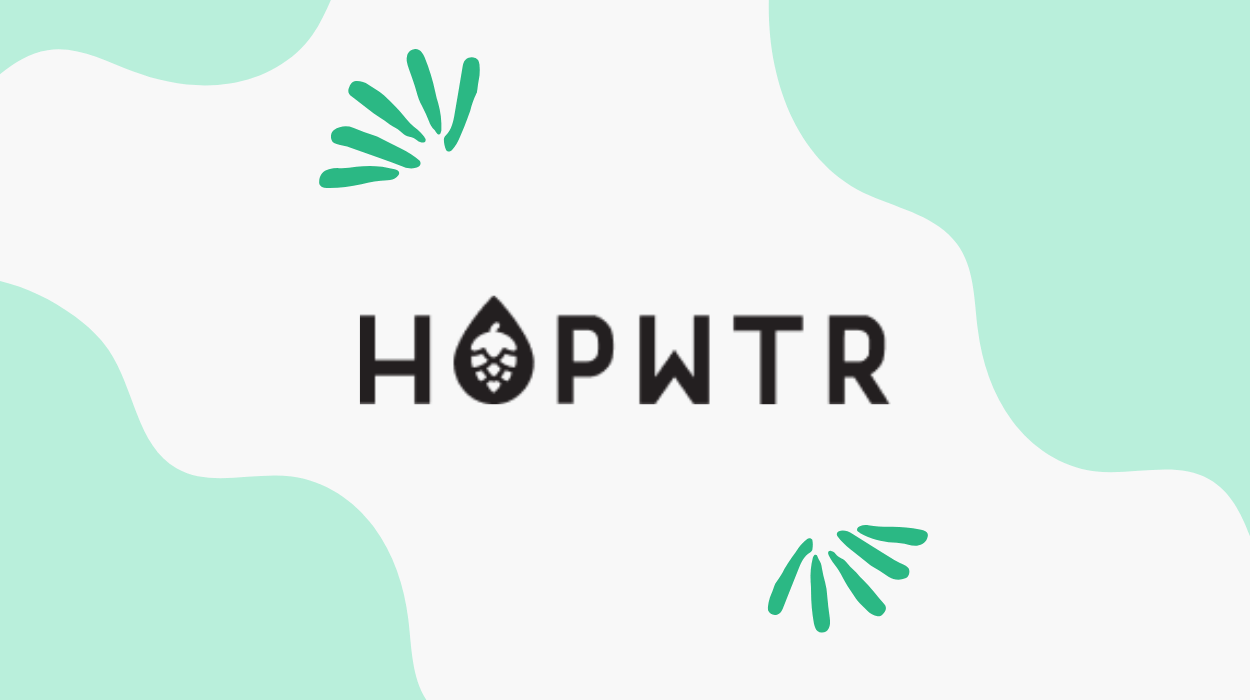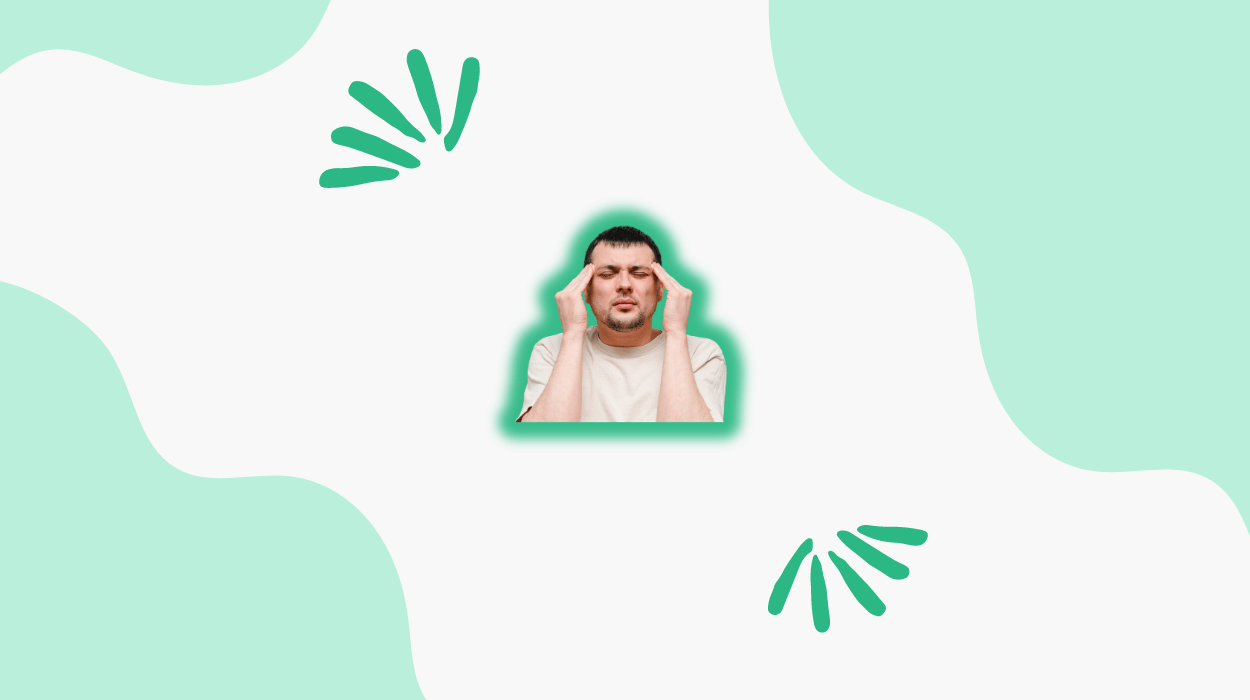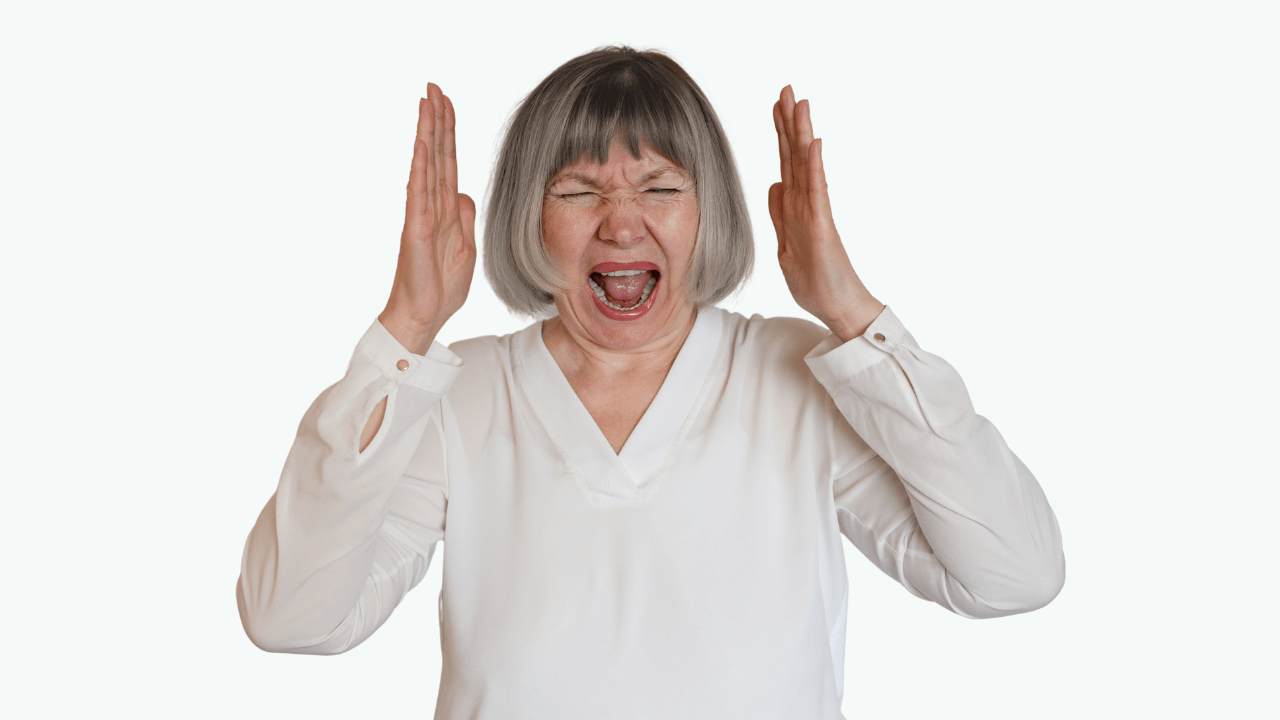

Anxiety is a common concern associated with Migraine. People having a Migraine problem may experience anxiety and depression.
Excessive headaches may make you feel anxious. Sometimes, unhealed traumas or severe stressful situations could contribute to the recurrence of migraine-induced anxiety.
Migraine attacks could be indicated as extreme head pain lasting hours to days, often worsening anxiety symptoms. Having a migraine attack could make you extremely sensitive to light or sound, causing stomach discomfort and nausea.
Chronic or frequent migraines could make you feel agitated going to events, sitting in your office, driving, or talking to others.
Potential triggers, poor lifestyle, and lack of sleep might cause anxiety and Migraine. The psychological impact of frequent migraines could lead to increased anxiety and distress.
This comprehensive article explains the connection between migraines and anxiety briefly to help you understand the potential triggers and lifestyle factors causing these concerns.
Read more to know the prevention methods you can include in your lifestyle to reduce the impact of Migraine and anxiety effectively.

Here are five key lifestyle factors that can influence the relationship between anxiety and migraines:
| Psychological Impact | Description |
|---|---|
| Anxiety | Frequent migraines might lead to heightened levels of anxiety, stemming from the unpredictability and severity of migraine attacks. |
| Depression | The chronic pain and lifestyle disruptions caused by migraines can contribute to feelings of sadness and hopelessness, increasing the risk of depression. |
| Psychological Distress | Dealing with the constant threat of migraine attacks and the limitations they impose can result in overall psychological distress and decreased quality of life. |
| Anticipatory Anxiety | The fear and anxiety associated with anticipating the next migraine episode can lead to anticipatory anxiety, affecting daily functioning and mental health. |
| Impact on Daily Life | Migraines could interfere with various aspects of daily life, such as work, relationships, and social activities, leading to frustration, isolation, and emotional strain. |
Stressful events:
Emotional factors:
Lack of sleep:
Physical stress and exertion:
Genetic factors:
Anxiety influences the perception of pain, potentially intensifying the experience of migraines in people who suffer from both conditions.
| Effect of Anxiety on Pain Perception | Description | Impact |
|---|---|---|
| Sensory Amplification | Heightened sensitivity to pain | Increases the intensity of migraine pain |
| Cognitive Distortions | Perception of pain magnified | Contributes to the distress of migraines |
| Emotional Modulation | Mood influences pain perception | Anxiety can worsen the emotional aspects of migraines |
| Neural Pathway Alteration | Changes in pain processing | Anxiety may alter how the brain processes migraine pain |
The relationship between anxiety and migraines could create a cycle where heightened anxiety levels exacerbate migraine-related pain, leading to increased distress and discomfort.
Changes in serotonin levels might lead to alterations in brain function, contributing to the manifestation of migraines and anxiety.
Neurobiological pathways, such as the hypothalamic-pituitary-adrenal (HPA) axis, are responsible for the body’s response to stress and are also involved in both anxiety and migraine disorders.
| Neurobiological Pathways | Migraines | Anxiety Disorders |
|---|---|---|
| Serotonin levels | Implicated in migraine development | Related to mood regulation and anxiety |
| HPA axis activity | Altered stress response in migraines | Dysregulated stress response in anxiety |
| Cortical spreading depression | Associated with migraine aura | Impacts brain regions in anxiety disorders |
| GABAergic system | Inhibited GABA function in migraines | GABA dysfunction linked to anxiety |
| Dopaminergic pathways | Implicated in migraine pathology | Dopamine dysregulation in anxiety states |
MARD represents a condition where people experience both migraines with vestibular symptoms and anxiety-related dizziness.
Vestibular migraines are a subtype of migraines that are indicated by vertigo, imbalance, and spatial orientation issues in addition to typical migraine symptoms. These episodes are closely linked to the vestibular system, which may help maintain balance.
Anxiety-related dizziness occurs due to stress-induced physiological changes, leading to feelings of lightheadedness or unsteadiness.
Management strategies for MARD may involve identifying triggers, stress management techniques, lifestyle modifications, and medications altered to manage migraines and anxiety.
Keeping a headache and anxiety journal to track potential triggers could provide valuable insights. Common migraine triggers may include stress, specific foods (such as aged cheeses), hormonal changes (during menstruation), and lack of sleep.
Identifying these triggers could empower people to avoid or manage them effectively, potentially reducing the frequency and severity of migraines.
For anxiety, triggers may include stressful events, emotional factors like anxiety and intense worry, lack of sleep, and physical stress or exertion. However, these triggers could vary from person to person.
Doctors may prescribe some medicines to help ease anxiety and migraine severity. They may help reduce migraine and anxiety episodes and calm your mind.
However, these medications should be taken only after a doctor’s approval to ensure adequate dosage and duration, preventing negative health consequences.
When seeking guidance for managing migraines and anxiety, consulting a healthcare expert may provide accurate diagnosis and personalized treatment recommendations.
A healthcare provider, such as a neurologist or a mental health professional, could analyze the severity of your condition and offer preferred interventions to address migraines and anxiety effectively.
Here are five effective relaxation techniques you can consider:
Performing activities you enjoy, such as walking, swimming, or yoga, may affect your mental and physical health. Exercise helps release endorphins, the body’s natural stress relievers, which might help combat feelings of anxiety and improve mood.
Research indicates that regular exercise reduces anxiety symptoms and may help in managing migraines. Physical activity could promote better blood flow and oxygen circulation, which could be helpful for migraine prevention.
Exercise helps maintain a healthy weight, regulate sleep patterns, and reduce tension in the body, all of which could contribute to the onset of migraines.
CBT identifies negative thought patterns and behaviors, helping people develop coping strategies to reduce anxiety levels and improve overall mental health.
The table below outlines the key components and benefits of the CBT approach:
| CBT Components | Description | Benefits |
|---|---|---|
| Cognitive Restructuring | Identifying and challenging negative thought patterns to promote healthier thinking habits. | Improved self-awareness and reduced anxiety levels. |
| Exposure Therapy | Gradual exposure to anxiety-inducing situations to desensitize people and reduce fear responses. | Enhanced coping mechanisms and decreased anxiety triggers. |
| Behavioral Activation | Encouraging engagement in positive behaviors to counteract anxiety symptoms and improve mood. | Increased motivation, sense of accomplishment, and mood regulation. |
Eating good fats like Omega 3 fatty acids may help reduce the severity of migraine headaches. Nutritional deficiencies may lead to recurring headaches. There are simple dietary habits that you may include to manage migraine like:
Migraine attacks are not a formal symptom of anxiety but could be common in people with anxiety disorders. Anxiety-induced physical symptoms like rapid heartbeat and adrenaline rush may trigger migraines.
Migraine may possess comorbid psychiatric signs like anxiety or panic disorder. According to a study, people with migraines are susceptible to anxiety disorders. Their relationship is bidirectional, as recurring headaches lead to anxiety and vice-versa.
Experiencing anxiety and Migraine can be exhausting at times. They might cause rapid heartbeat, severe headaches, and restlessness.
Thus, it is essential to understand the connection between neurobiological pathways and potential triggers to create a holistic approach to managing Migraine and anxiety.
You can seek pharmacological treatments, behavioral therapies, and lifestyle adjustments to effectively reduce the effects of anxiety and migraines on your mind and body.
However, maintaining a balanced diet, staying hydrated, exercising regularly, and ensuring adequate sleep are vital aspects of handling these concerns.
You can also connect with a neurologist or psychiatrist to understand the underlying reason for your anxiety or migraine episodes.
Tyler Read earned an undergraduate academic degree from Sonoma State University, California and is a certified personal trainer (CPT) with NASM (National Academy of Sports Medicine). With over 16 years of experience, Tyler has trained clients both online and in-person.
He is passionate about helping others turn their love for fitness into a career. Tyler has worked with many local and commercial gyms before establishing his successful private personal training business, which he continues to operate.
